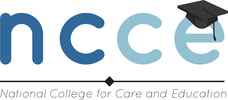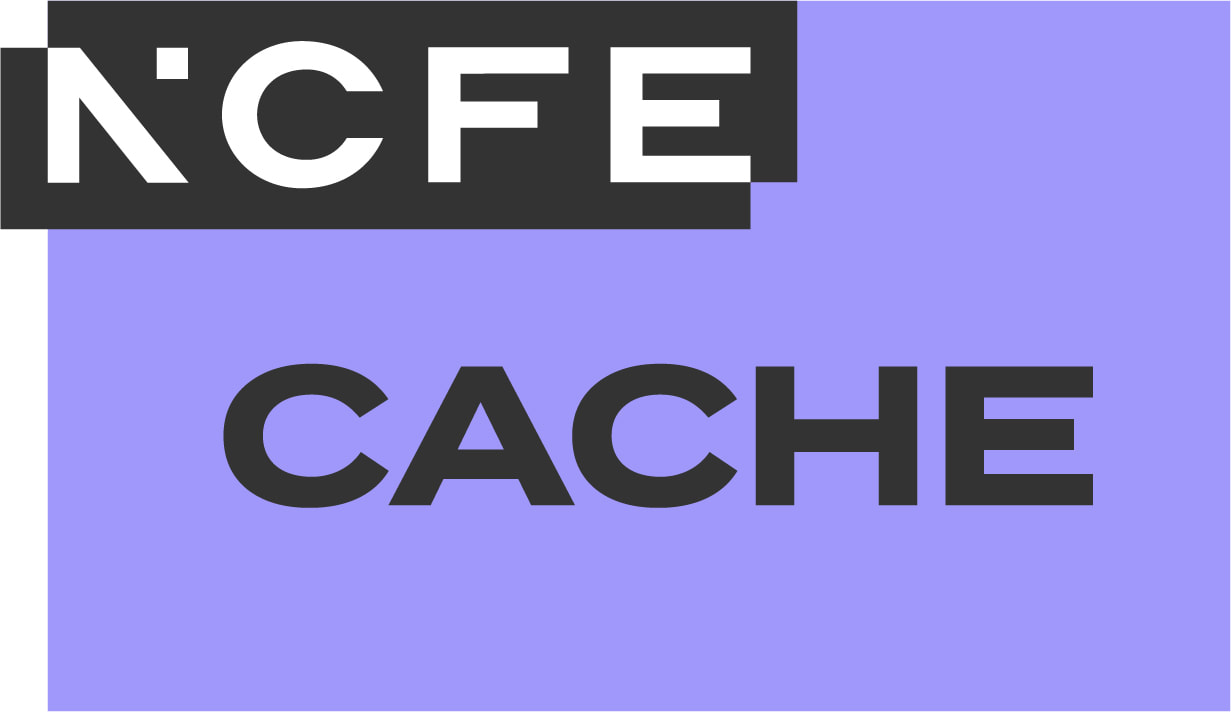- Teaching Assistants
- >
- CACHE Level 4 Certificate for the Advanced Practitioner in Schools and Colleges (CACHE HLTA)
CACHE Level 4 Certificate for the Advanced Practitioner in Schools and Colleges (CACHE HLTA)
SKU:
£680.00
75.56
680
£75.56 - £680.00
Unavailable
per item
-
Key Facts
-
Description
-
Placement
-
Syllabus
-
Your Future
<
>
Qualification Level: 4
Awarding Body: CACHE
Regulated Qualification (QRN) Number: 603/2474/0
Placement Required: Yes
Recognised Qualification: Yes. RQF
Entry Requirements: L2 Literacy and Numeracy preferred
Minimum Age: 18 Years
Pre-requisites: None.
Duration: 30 weeks
Payment types: Instalments available
Awarding Body: CACHE
Regulated Qualification (QRN) Number: 603/2474/0
Placement Required: Yes
Recognised Qualification: Yes. RQF
Entry Requirements: L2 Literacy and Numeracy preferred
Minimum Age: 18 Years
Pre-requisites: None.
Duration: 30 weeks
Payment types: Instalments available
This Level 4 qualification aims to provide professional development opportunities for practitioners working in the school and college workforce. This qualification will embrace the wealth of experience, proven knowledge and skills of the learner in a teaching and learning environment. It will challenge the learner in both daily practice and theoretical understanding.
Learners will acquire and use skills of leadership, mentoring, coaching and reflection as they complete the qualification through work-based learning opportunities.
Upon achievement of this qualification, the learner will be equipped as an Advanced Practitioner. The Advanced Practitioner will use crucial leadership skills to mentor others across all roles and responsibilities in the school or college workforce.
Learners will acquire and use skills of leadership, mentoring, coaching and reflection as they complete the qualification through work-based learning opportunities.
Upon achievement of this qualification, the learner will be equipped as an Advanced Practitioner. The Advanced Practitioner will use crucial leadership skills to mentor others across all roles and responsibilities in the school or college workforce.
Students will need to be employed in a Level 3 role in a learning environment (school or college), as they need to show competence in both skills and knowledge in order to achieve this qualification.
The children you work with must be at least five years old, or Key Stage One and above (or equivalent in own country).
The children you work with must be at least five years old, or Key Stage One and above (or equivalent in own country).
The Advanced Practitioner for Supporting Teaching and Learning course is broken into five 6-week Blocks, as follows. Blocks are independent from one another, and your starting "block" will vary depending upon when you enrol with the college.
Block 1: Enabling Individuals to Learn: In this unit, learners will consider diverse approaches to pedagogy that influence holistic learning in children and young people. The learner will also explore statutory planning and monitoring requirements in own UK home nation. This unit will challenge the learner to gain a greater awareness of how children, young people and adults (andragogy) learn and how to apply theory to practice. The learner will be required to evidence how to apply new learning to the day-to-day role with children, young people and/or adults, and report on subsequent changes to practice in own setting through the development of a learner portfolio. By undertaking this unit the learner will explore leadership, mentoring and management skills relevant to own role.
Block 2: Understand how to support children and young people to improve their mental health and well-being: In this unit, learners will consider the factors that could influence mental health and well-being in children and young people. Learners will also explore current national strategies for promoting mental health and well-being in own UK home nation. This unit will challenge the learner to gain a greater awareness of how children and young people deal with these issues and how to help and support. The learner will be required to evidence how they could apply this new learning to their day-to- day role with children and young people and report on subsequent changes to practice in own setting through the development of a learner portfolio.
Block 3: Working with others to support individuals with additional needs and disability in a school or college: In this unit, learners will look at effective inclusion of children, young people and/or adults. Through examination of national requirements and guidance, learners will consider the responsibilities of the Special Educational Needs Coordinator (SENCo) within a school or college environment to promote children’s, young people’s and/or adults’ learning and development. By undertaking this unit, learners will develop confidence and expertise to mentor other colleagues and work in partnership with parents/carers (as applicable) and other professionals, to ensure intervention remains effective for children, young people and/or adults with special educational needs and disabilities.
Block 4: Working with families and other professionals in a school or college setting: In this unit, the learner will examine statutory requirements for working in partnership with families, and learn how effective partnership working with other professionals can improve the education of children, young people and/or adults (as applicable). Through this unit, the learner will explore some of the diverse needs of families, and reflect on how best to overcome barriers to partnership working with families. In undertaking this unit, the learner will apply coaching, leadership and mentoring skills to educate and motivate staff to work effectively in partnership with others.
Block 5: Implementing change in school or college setting: In this unit, the learner will be required to plan, implement and evaluate change in relation to an identified theme. This will be achieved through a small-scale research project. The learner will be introduced to research, and the role of ethics when undertaking research. The theme selected will allow the learner to reflect on practice, use current research to produce recommendations for improvements to their own setting, implement these recommendations and summarise findings.
Block 1: Enabling Individuals to Learn: In this unit, learners will consider diverse approaches to pedagogy that influence holistic learning in children and young people. The learner will also explore statutory planning and monitoring requirements in own UK home nation. This unit will challenge the learner to gain a greater awareness of how children, young people and adults (andragogy) learn and how to apply theory to practice. The learner will be required to evidence how to apply new learning to the day-to-day role with children, young people and/or adults, and report on subsequent changes to practice in own setting through the development of a learner portfolio. By undertaking this unit the learner will explore leadership, mentoring and management skills relevant to own role.
Block 2: Understand how to support children and young people to improve their mental health and well-being: In this unit, learners will consider the factors that could influence mental health and well-being in children and young people. Learners will also explore current national strategies for promoting mental health and well-being in own UK home nation. This unit will challenge the learner to gain a greater awareness of how children and young people deal with these issues and how to help and support. The learner will be required to evidence how they could apply this new learning to their day-to- day role with children and young people and report on subsequent changes to practice in own setting through the development of a learner portfolio.
Block 3: Working with others to support individuals with additional needs and disability in a school or college: In this unit, learners will look at effective inclusion of children, young people and/or adults. Through examination of national requirements and guidance, learners will consider the responsibilities of the Special Educational Needs Coordinator (SENCo) within a school or college environment to promote children’s, young people’s and/or adults’ learning and development. By undertaking this unit, learners will develop confidence and expertise to mentor other colleagues and work in partnership with parents/carers (as applicable) and other professionals, to ensure intervention remains effective for children, young people and/or adults with special educational needs and disabilities.
Block 4: Working with families and other professionals in a school or college setting: In this unit, the learner will examine statutory requirements for working in partnership with families, and learn how effective partnership working with other professionals can improve the education of children, young people and/or adults (as applicable). Through this unit, the learner will explore some of the diverse needs of families, and reflect on how best to overcome barriers to partnership working with families. In undertaking this unit, the learner will apply coaching, leadership and mentoring skills to educate and motivate staff to work effectively in partnership with others.
Block 5: Implementing change in school or college setting: In this unit, the learner will be required to plan, implement and evaluate change in relation to an identified theme. This will be achieved through a small-scale research project. The learner will be introduced to research, and the role of ethics when undertaking research. The theme selected will allow the learner to reflect on practice, use current research to produce recommendations for improvements to their own setting, implement these recommendations and summarise findings.
Learners may progress within the workforce in the following job roles and responsibilities:
- Higher Level Practitioner/Teaching Assistant
- internal progression at a higher level, including those with management responsibilities
- leadership, mentoring, supervision and management opportunities.







